Key economic moments that defined Buhari’s presidency
Former Nigerian President Muhammadu Buhari died on July 13, 2025, at a clinic located in London, United Kingdom, at the age of 82.A retired major general, Buhari was a key figure in Nigeria’s political landscape.
His passing was announced by his former spokesperson, Garba Shehu, who characterized the ex-president as a patriot who “devoted his life to serving Nigeria.”
He first ruled the nation as a military head of state between 1983 and 1985, and later returned as a democratically elected president in 2015, completing two terms until 2023.
His presidency in civilian form was marked by a comprehensive anti-corruption initiative, an ambitious economic reform strategy, and ongoing attempts to address security challenges throughout the nation.
Nevertheless, Nigeria faced a combination of economic successes and difficulties during his administration — including two recessions, aggressive currency reforms, and a growing debt burden — leaving a complex and disputed economic legacy.
Economic Recession
Under Buhari's leadership, Nigeria underwent two economic downturns.
The first recession in 2016 was caused by a significant decline in global oil prices and the mishandling of a mounting currency crisis.
The second recession occurred in 2020, as the COVID-19 pandemic disrupted international trade, diminished oil demand, and resulted in widespread economic decline.
In response to the economic repercussions of the COVID-19 pandemic, the Buhari administration introduced the ₦2.3 trillion Economic Sustainability Plan in 2020.
This plan aimed to create jobs, support micro, small, and medium-sized enterprises, and enhance the agricultural sector.
Additionally, Buhari established the National Poverty Reduction with Growth Strategy Steering Committee, with a goal to lift 100 million Nigerians out of poverty within ten years.
The strategy emphasized agriculture and economic diversification as vital drivers for sustained, inclusive growth.
Naira Redesign
In 2022, the Central Bank of Nigeria announced plans to redesign three of the country’s eight banknotes—₦200, ₦500, and ₦1000—with an official release set for December 15, 2022.
The central bank indicated that existing versions of these banknotes would remain valid until January 31, 2023.
The newly designed naira notes were officially presented by President Muhammadu Buhari on November 23.
However, the rollout faced criticism from numerous Nigerians, who viewed the modifications as mere “cosmetic changes” rather than a genuine redesign.
NNPC Reform
In July 2022, the Nigerian National Petroleum Corporation underwent significant structural reform, transitioning into a limited liability company.
Buhari declared that after the transition, the company would operate for profit and provide value to over 200 million Nigerians as its stakeholders.
Naira depreciation/Debt
During Buhari's time in office, Nigeria's debt increased from ₦42 trillion to ₦77 trillion, resulting in a dramatic rise in debt servicing costs—from ₦1.06 trillion in 2015 to ₦5.24 trillion by 2022.
The naira faced considerable depreciation during Buhari’s administration, with the official exchange rate falling from approximately ₦197 to the US dollar in 2015 to ₦464.51 by the end of his term.
In the parallel (black) market, the exchange rate averaged about ₦762 to the dollar, emphasizing the growing discrepancy between official and unofficial exchange rates.
Low Oil Production
Although Nigeria continued to be Africa’s leading oil producer, crude oil production consistently declined during Buhari's administration.
In January 2022, Nigeria’s crude oil output was recorded at 1.39 million barrels per day, but it steadily decreased over the following months before slightly rebounding to 1.15 million barrels per day by June.
Throughout 2022, Nigeria's oil production struggled to surpass 1.4 million barrels per day.
Implementation of Treasury Single Account
While the Treasury Single Account was initially proposed under former President Goodluck Jonathan, the Buhari administration fully implemented it in September 2015.
This policy consolidated all government revenues into a single account at the Central Bank of Nigeria, aiming to enhance transparency and reduce financial leakages across various ministries, departments, and agencies.

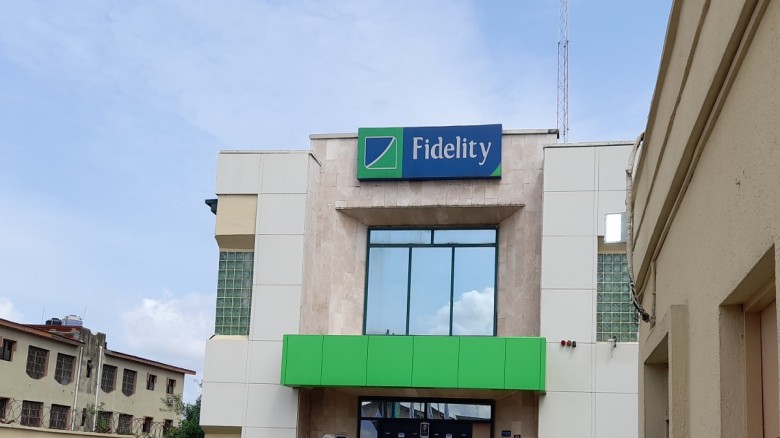
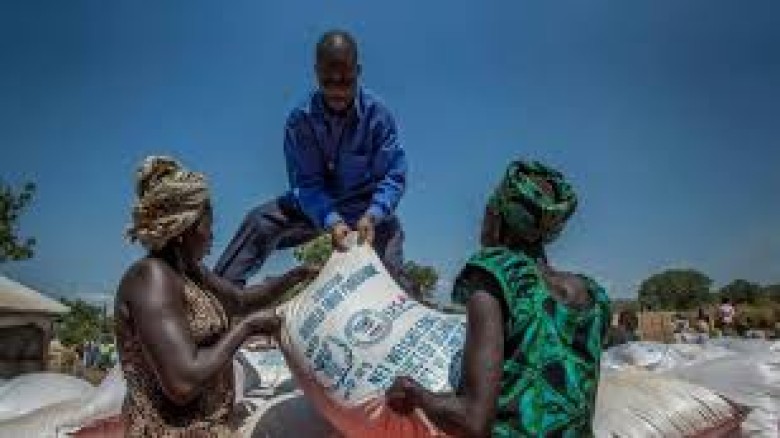
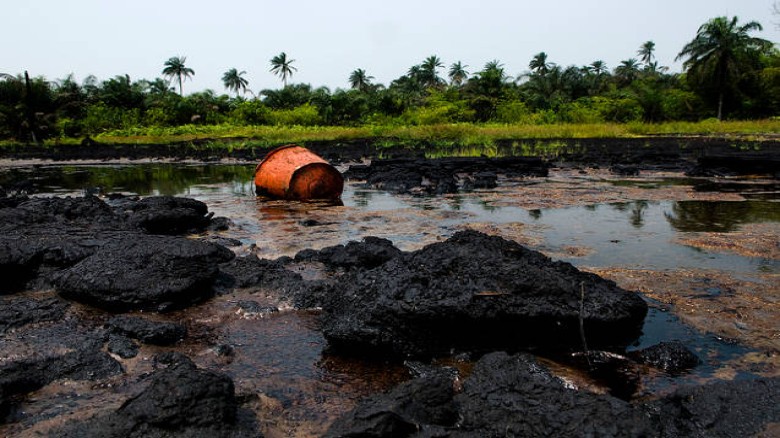
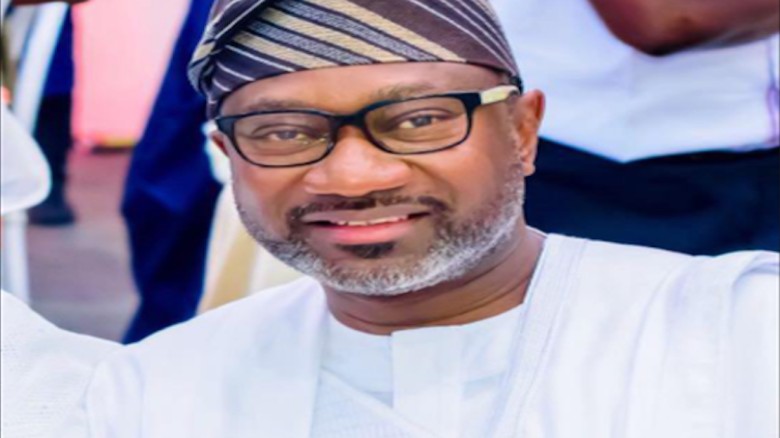












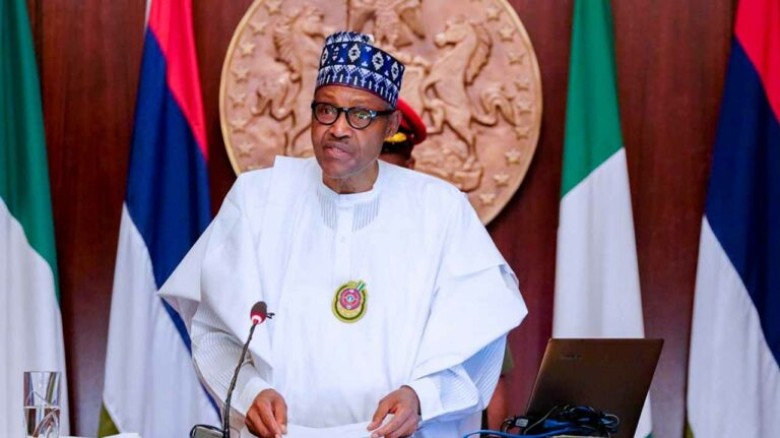






Leave A Comment